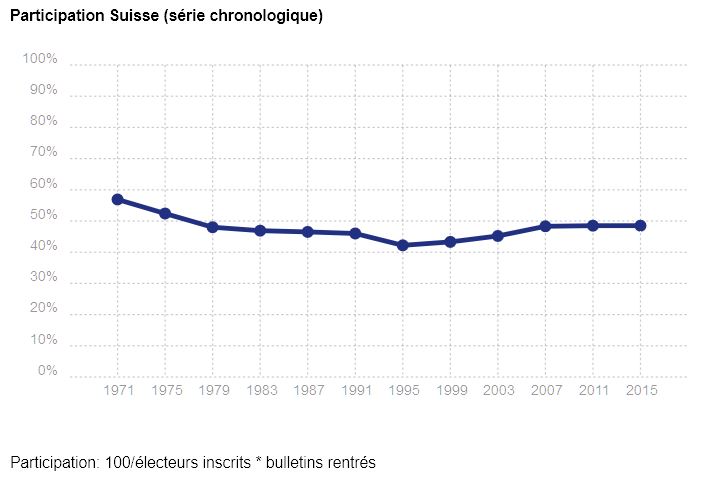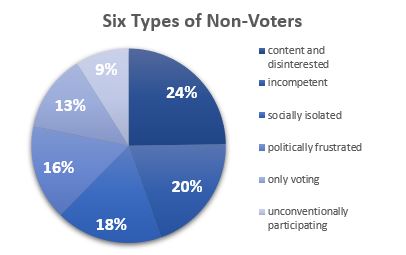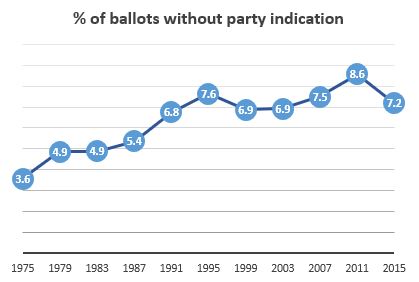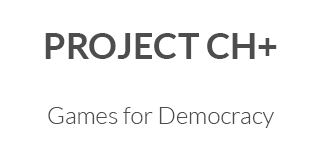Right this way to the sign up for the research!
Bringing up politics often leads to annoyed stares, sighs and a swift change of topic. Does it have to be that way?
Why the voter participation in Switzerland is relatively low when compared to our international neighbours, has been researched by various institutions. The fact: in 1971, 56.9% of eligible voters participated, during our last elections this number was at 48.5%.

The research which is part of Project CH+ does not aim to explain these circumstances, but to find new approaches to address the issue. Particularly, the interest lies in analysing how communication of political content can be improved. In order to do this, we are visiting motivational mechanics from the world of games.
Our study during the 2019 parliamentary elections has two main parts: next to the evaluation of an app prototype, three online surveys are carried out.
In these questionnaires, the connection to games might not always be easy to spot. However, that is also the case with motivational techniques which we are exposed to in everyday life.
The current situation
In 2003, there was a first effort to categorise Swiss non-voters (Bühlmann, Freitag, & Vatter, 2003). Since 2015, there are six non-voter-profiles defined (Fatke & Freitag, 2015): There are the “content and disinterested”, the “incompetent” (very charming), the “socially isolated”, the “politically frustrated”, “only voting” (do not take part in elections) and the “unconventionally participating”.

According to easyvote’s newest politics monitor, one of the biggest problems for 15-25 year olds is that no parties cover their interests (Golder & Jans, 2019). The rising number of submitted ballots without an indicated party could be interpreted as a reflection of these research results.

As documented by Fatke and Freitag in 2015, a lack of knowledge of the candidates also plays a part. Especially considering the increasing objectification of politics, this point could become more impactful in the coming elections. If voters do not identify with party ideologies nor know or trust candidates, participating – from a voter perspective – might not seem very attractive.
Communication as the Crucial Point
Information and events in Swiss politics are well documented and reviewed by our institutions (the parliament, services, the Federal Chancellery, the media, NGOs, etc.), who make them accessible to the public. The material is transparent and extensive but can get overwhelming, depending on the topic, the canton or the amount of electable candidates. The descriptions of circumstances are accessible, but going through them is a lot of effort. For many, it is too much effort, despite the work of everyone involved. So, how could we reduce this difficulty level?
«The voter is king»?
Digital media offer new possibilities for communication and the way in which we gather information. Nowadays, a good example that and how digital communication works can be seen in online marketing.
In order to know the needs of clients, data is bought, sold and evaluated into the smallest detail. Everything is allowed as long as users accept the “terms and conditions”, from cookie tracking over microphone or screen recordings. Of course it is reprehensible to use these tactics in order to better understand the interests of voters. If anything, the enthusiasm with which companies try to understand their consumers could serve as inspiration. Here we can benefit from numerous, publicly accessible studies on communication, motivation and usability.
In this regard, «The customer is king» could be a paragon for «The voter is king» – at least when it comes to communication. How do voters want to be spoken to? And how is it possible to address the wishes of voters, while keeping a high standard of information and without distorting circumstances?
Over the next months, we will come closer to answering this question. Should you be interested in sharing your thoughts on political communication, you are welcome to sign up to participate in the research. The surveys start on Monday!
Until then!
Sources
http://www.politik-stat.ch/nrw2015CHwb_de.html#WahlbetSchweiz
easyvote Politikmonitor 2018

Leave a Reply